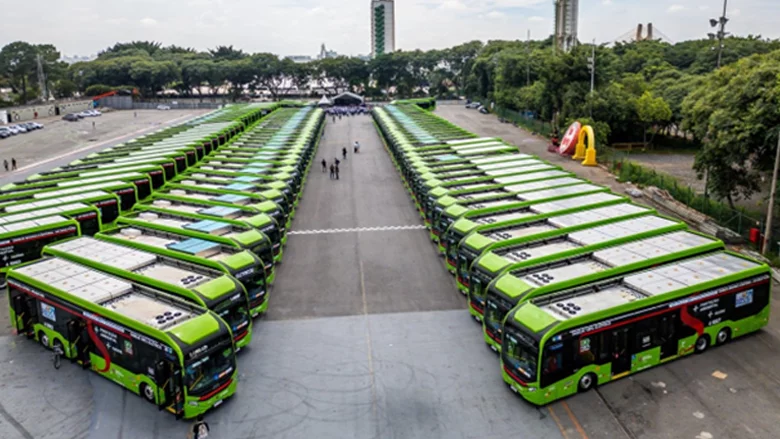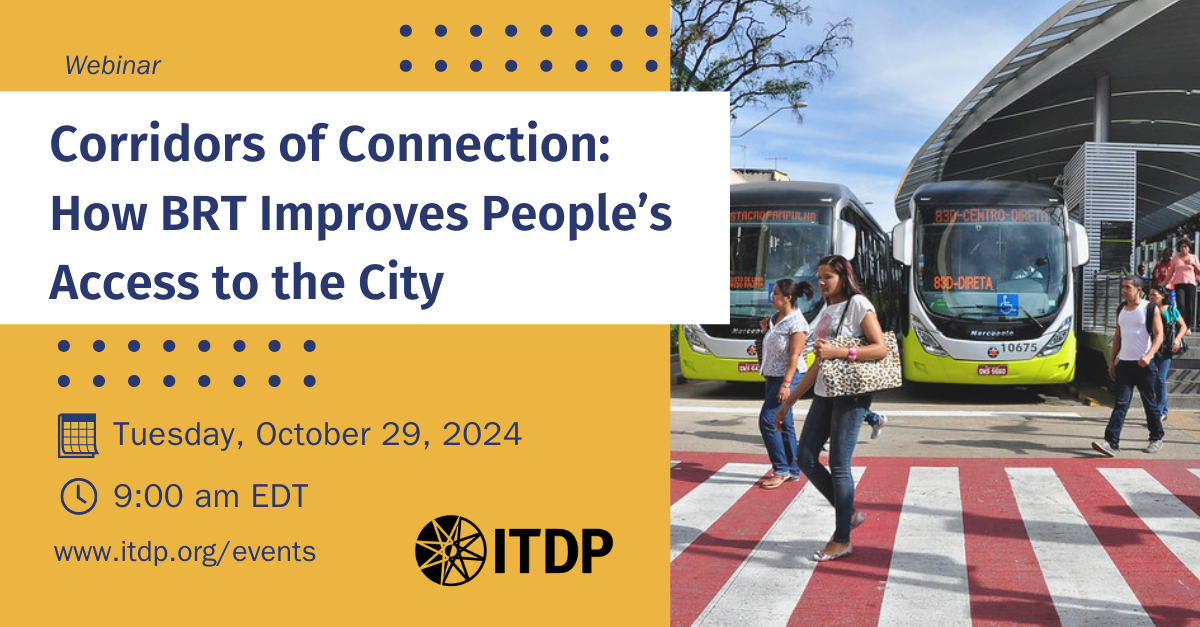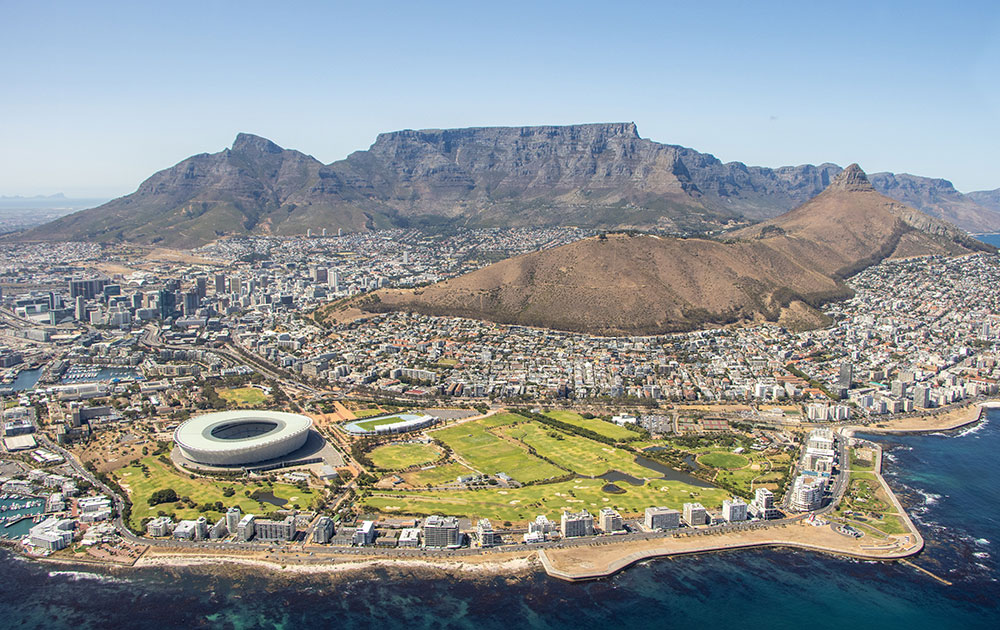Opinion Pieces: since 2007, Prof. David Hensher has written an opinion column in the Australasian Bus and Coach magazine, where he monthly discusses a lot of different transport-related hot topics. In this section we are revisiting these columns.
January 2011
Language and words are powerful ways of communicating simple but important points of view. If we could agree on the meaning of sentences then we will be making great progress in communicating the points of relevance in contrast to the points of misleading commentary. Let me illustrate this. In the debate between light rail (LRT) and bus rapid transit (BRT), supporters of LRT are often heard to say that LRT can carry far more people than BRT per hour, and when we drill down to get clarity they really mean that LRT can carry more people per carriage (or carriage set) than a bus or BRT. When it is pointed out that trunk capacity per vehicle is not the issue but service capacity per hour, and that much more bus service capacity can be delivered per hour than LRT service capacity (in addition to flexibility in service in connecting with feeders), there is a glazing over of the LRT eyes. Simple point – talk service capacity per unit of time, not vehicle capacity.
Another example, laden with emotion, is the reference to road pricing and especially the variant correctly called congestion charging. Immediately this is mentioned, the uninformed respondent refers to a congestion tax and assumes it is added onto all existing taxes. There is little hope to sell the merits of reformed road pricing when the word ‘tax’ hits page one of the media every time we try and have a sensible debate on the need to change the current charging scheme (namely fixed registration charges and fuel excise). A careful listening to what we are trying to say to educate the population is that we need to do something to contain traffic congestion, and that we have a real opportunity to review existing charging mechanisms and to align charging closer to the costs that users impose on the network through using their cars and trucks and buses (in contrast to owning their cars and trucks and buses), and that we should be able to design a pricing mechanism that is much fairer, but includes a way of charging for congestion that is contributed to by users of the road network. This would involve dropping some charges as we add in some new congestion-related charges and importantly show how the revenue raised is put back to useful causes that are supported by society. It is possible (yes – believe me) to design a system in which many users of the roads are financially better of with a congestion charge and even an emissions-related charge, where the cost of using the roads is lower when congestion is absent and vehicles are environmentally cleaner. Who would disagree with this? After all time is money although you would wonder sometimes when people complain about delays but will not support possible ways of aiding improved travel times. Few indeed I suspect; however until we can get away from the clutter of emotional misleading language like ‘being slugged with a congestion tax’, what hope is there. The media in particular needs to be more responsible.
Food for thought
¿Comments? ¿Opinions? ¿Similar News? Send them to us!





